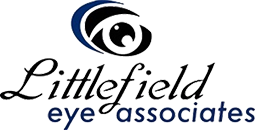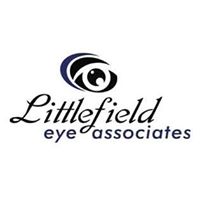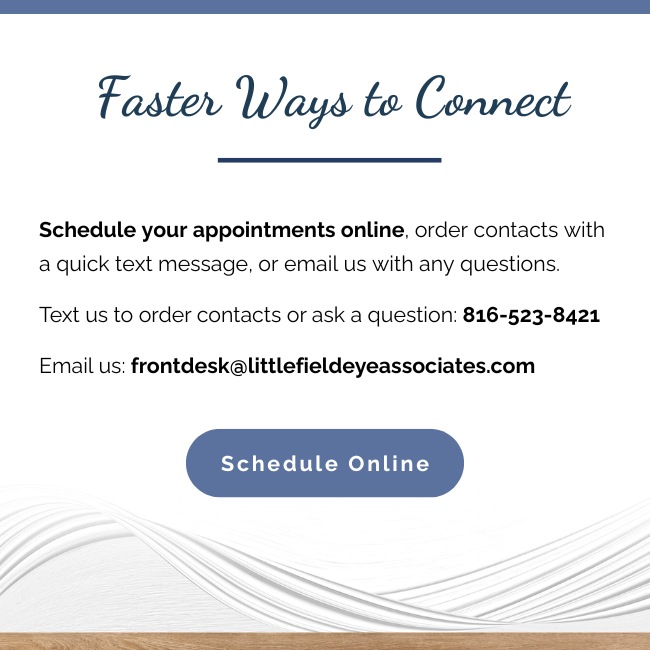Sharing contact lenses might sound like an easy way to give them a try, especially if someone close to you, like your mom, already wears them. But no, you should never use someone else’s contact lenses, even just for practice. Each person’s prescription is unique to them, so someone else’s contact lenses will not get your vision right.
It’s not only unsafe but can lead to serious eye health issues. While it’s tempting to experiment, your eyes are as unique as your fingerprints, and using lenses not prescribed specifically for you can do more harm than good.
The Risks of Sharing Contact Lenses
Contact lenses are not one-size-fits-all. They’re carefully prescribed and fitted for individual eyes during a contact lens exam, and wearing someone else’s lenses can lead to serious health issues. Here’s why:
Infection Risks
Your eyes are incredibly delicate, and contact lenses that don’t belong to you can introduce harmful microorganisms, leading to infections that are often difficult to treat.
- Bacterial infections: Using someone else’s lenses increases the likelihood of bacteria being transferred to your eyes. This can result in painful conditions like keratitis, which, if left untreated, can cause permanent vision loss.
- Viral infections: Viruses like herpes simplex can also travel on contact lenses. Once a virus infects the eye, it can lead to recurring outbreaks and ongoing complications.
- Fungal infections: Fungal infections of the eye are rare but can be particularly severe. These infections often require prolonged treatments and, in some cases, surgery.
Corneal Damage
The wrong contact lenses can harm the cornea, the clear, outermost layer of your eye.
- Abrasions and scratches: A poor fit can cause the lens to rub against your cornea, leading to tiny abrasions or scratches. This creates openings for bacteria or fungi to enter, multiplying the risk of infections.
- Long-term damage: Repeated exposure to ill-fitting lenses can result in chronic corneal damage, impairing your vision over time.
Disease Transmission
Sharing contact lenses can also lead to the direct transmission of some eye diseases.
- Conjunctivitis (Pink Eye): Contact lenses can serve as a carrier for conjunctivitis, a highly contagious eye condition.
- Unknown Risks: Your mom’s lenses may seem fine, but underlying eye health conditions can still exist. Even clean-looking lenses can harbor harmful microbes.
Why Contact Lenses Are Personal
Contact lenses are precision medical devices designed for individual needs. This is because no two eyes are exactly alike. Think of them like getting new shoes—you need the right fit or else you’re setting yourself up for a bad time.
Your optometrist takes detailed measurements to help your lenses match the unique curvature and size of your eyes. Wear ill-fitting lenses, and you’re inviting discomfort, infections, or worse.
Prescriptions also account for your vision correction needs, including astigmatism or myopia adjustments. Borrowed lenses often don’t align with your unique prescription, making them both ineffective and unsafe.
Contact lenses also come in a variety of materials, each suited for specific conditions or preferences. Some materials are more breathable, allowing oxygen to reach your cornea more effectively. If your mom’s lenses don’t match your eye’s needs, it could result in irritation or even hypoxia (a lack of oxygen to the eye).
Safe Contact Lens Practices
Now that you understand why sharing contact lenses isn’t a good idea, here’s how you can try contact lenses the right way. Proper care is an essential part of safe contact lens use. Sharing lenses means introducing a host of potential hygiene risks. Cleaning routines are personalized. Borrowed lenses may have been exposed to incompatible cleaning methods or contaminated cases.
The first step in using contact lenses safely is booking an appointment with your optometrist. During your visit, you’ll receive a thorough eye exam to ensure contact lenses are a suitable option for you. You’ll also get professionally measured for lenses that fit right, reducing the risk of irritation and complications.
Once you have your own lenses, here are some tips to handle contacts safely:
- How to Insert Contact Lenses:
- Begin by washing and drying your hands thoroughly.
- Check that the lens is clean, undamaged, and positioned correctly (the edges should curve upward like a bowl).
- Hold your upper eyelid to prevent blinking and gently pull down your lower eyelid.
- Place the lens on your fingertip and carefully set it onto the center of your eye.
- Blink a few times to help the lens settle into place, ensuring it’s comfortable.
- How to Remove Contact Lenses:
- Wash and dry your hands before starting.
- Look upward and gently pull down your lower eyelid.
- Use your fingertip to slide the lens down to the lower part of your eye.
- Pinch the lens gently between your thumb and finger to remove it.
- Place the lens in its case with fresh cleaning solution.
- Daily Lens Care Tips:
- Always clean and disinfect your lenses using the recommended solution — avoid using water or saliva.
- Replace the lens case every 3 months to prevent bacteria buildup.
- Stick to the recommended wearing schedule; don’t overwear lenses.
- Never sleep in lenses unless specifically prescribed for overnight wear.
- Store your lenses in a clean, dry case with fresh solution each day.
Even after getting your lenses, ongoing professional care is essential. Regular check-ups allow your optometrist to monitor your eye health and adjust prescriptions if needed.
Begin Your Contact Lens Journey Safely
Contact lenses are an incredible advancement in vision correction, offering convenience and clear sight. However, their benefits depend on proper use and hygiene.
If you’re considering trying contact lenses or need to be fitted for your first pair, we’re here to help. Littlefield Eye Associates is passionate about personalized care, helping every patient get access to safe and comfortable lenses for their needs.
Book an appointment with us today and take the next step toward clearer, healthier vision! Our team is excited to help you every step of the way.





